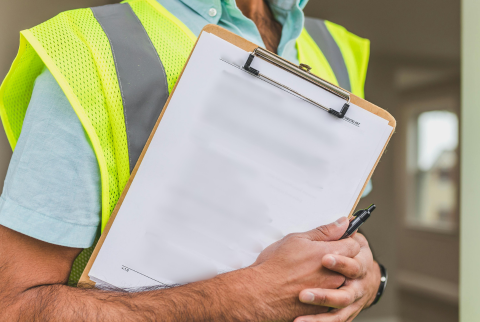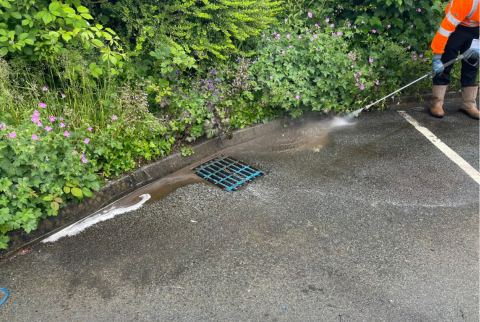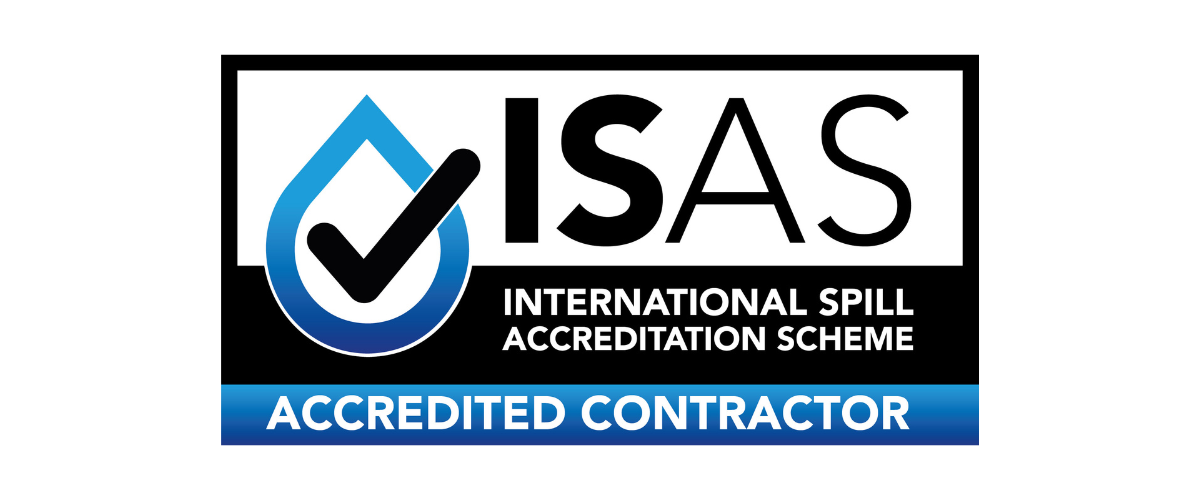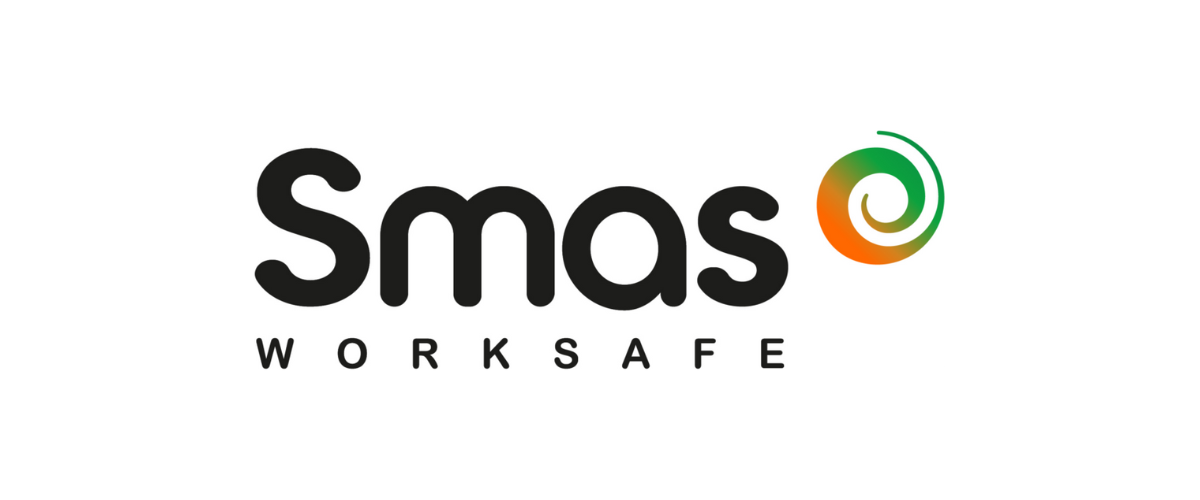Expert guidance and support regarding permit and consent applications, as well as site modifications to either secure required environmental consents or to correct permit non-compliances raised by a CAR Report.
Permit & Consents
Applying for permits, consents or exemptions required to undertake many industrial or commercial activities can often be a daunting task. Our consultants have the experience to ensure applications are submitted correctly first time, maximising the likelihood that the permit is granted as quickly as possible. GPT have a wealth of experience in liaising with environmental regulators, local authorities and sewerage undertakers in order to obtain the relevant authorisations for our clients. We can also undertake any site modifications in order to gain an authorisation.
Trade Effluent Discharge Consents
GPT Environmental has extensive experience in securing trade effluent discharge consents on behalf of our clients. We manage the entire process from advising on the correct type of application to completing and submitting the paperwork, and carrying out any site modifications needed for approval.
Why you may need a consent: If your site activities produce trade effluent (e.g. from vehicle washing, process water, chemical handling, or engineering) that is discharged into the foul sewer, you are legally required to hold a consent issued by your local water company. Discharging without consent is a legal offence under the Water Industry Act 1991.
Temporary discharges: We also support applications for temporary discharges, such as those from heating system flushes or groundwater remediation.
What’s Involved in the Application? Each application requires detailed technical information, including: Type & Volume of effluent; Contents of the discharge; Sample analysis data; Site drainage plans; and On-site treatment details. Applicants must also install flow monitoring and provide safe access for sampling. If consent is granted, you'll be issued limits for parameters such as pH, TPH, and COD, which must be regularly monitored and reported.
Will Consent Be Granted? Approval depends on the capacity of the local sewer and treatment facilities. While we can't guarantee approval, our strong relationships with sewerage undertakers and in-depth knowledge of the process give our clients the best possible chance of success. Most applications take around two months to process - getting it right first time is key.
Site Modifications for Compliance: In some cases, modifications are needed to meet consent conditions. We can design and install all necessary infrastructure, including: Oil/water separators; Silt traps and effluent tanks; Flow monitoring and sampling equipment; Drainage alterations and attenuation controls.
Other applications we regularly submit for our clients include: Part A1 Environmental Permits and Part A2 & Part B Environmental Permits.



Correcting Compliance Assessment Report (CAR) Breaches
If you have recently had a Compliance Assessment Report (CAR) which has recorded breaches of your environmental permit we are able to help.
GPT have a wealth of knowledge in correcting non-compliances raised in CAR reports to safeguard against a criminal prosecution and/or suspension or revocation of your permit. The requirement for correcting these non-compliances will be given a due date which must be met to prevent enforcement action being taken so it is important to act quickly
The below are extracts from the Compliance Assessment Summary with examples of how we can help.
B1. Engineering for prevention and control of pollution - Infrastructure
We offer a vast range of services related to design, repair, replacement and installation of infrastructure to control pollution such as Interceptors, Secondary Containment, Tertiary Containment and Spill Control Products.
In addition to the above services we also offer a Liquid Pollution Risk Assessment to establish any activities on site which pose a risk of polluting the environment and identify proportionate control measures to reduce your risk to a reasonable level. Ensuring you have adequate control measures for your risks on site will help to achieve legal compliance for permitted activities and reduce the likelihood of causing pollution.
B2. Closure and decommissioning - Infrastructure
We can offer Industrial Cleaning and Decontamination and Contaminated Land Services if you are closing down a site/activity.
B3. Site Drainage Engineering (Clean and Foul) - Infrastructure
We offer a range of drain services relating to foul, storm and combined systems including Tracing and Mapping Surveys and CCTV Surveys and Repair.
B4. Containment of Stored Materials - Infrastructure
C1. Staff Competency/Training - General Management
We offer ISAS accredited Spill Response Training made bespoke to your site specific risks and procedures. We can also offer Train the Trainer courses.
C2. Management System and Operating Procedures - General Management
We are able to work alongside your in house team to create standard operating procedures and help you to ensure your permitted activities are adequately covered in your Environmental Management System (EMS). We can also undertake audits to inspect your records and verify whether you are complying with the requirements of your EMS.
C3. Materials Acceptance - General Management
Although we can’t be responsible for accepting materials on your site, we are able to write procedures to make the process as low risk as possible. For example, tanker deliveries pose a large environmental risk which is often overlooked. We can write site specific tanker delivery procedures to ensure staff are taking the necessary precautions, and can install infrastructure to reduce the risk such as Drain Closure Valves which can be closed proactively before a delivery vehicle enters the delivery area.
C4. Storage Handling, Labelling and Segregation - General Management
We provide Storage Solutions of all shapes and sizes to allow you to safely store hazardous substances and segregate incompatible substances. In addition we can help with Classifications of Hazardous Waste Streams.
D2. Accident, Emergency and Incident Planning - Incident Management
We can assist in writing spill control and emergency incident procedures and provide Training to ensure your staff are trained on how to implement them. We are also 24/7 UK Spill Accredited Emergency Spill Responders to assist in spill clean-up if you do have an incident.
E2. Land and Groundwater - Emissions
Emissions to ground and the groundwater have the potential to cause serious environmental damage, our Contaminated Land team can work with you to assess any remediate any ground or groundwater contamination. We can also undertake time series monitoring on onsite groundwater monitoring wells to highlight any changes in baseline conditions.
E3. Surface Water - Emissions
We are able to ensure your surface water emissions are within compliance levels by installing and maintaining the adequate infrastructure e.g. Interceptors up stream. We can also undertake water sampling to confirm discharges are below the required levels for proof to regulators e.g. the Environment Agency. We can also install infrastructure such as MCERTS accredited flow meters and pH probes to continually monitor discharge.
E4. Sewer - Emissions
We are able to ensure your foul water emissions are within permitted parameters by installing and maintaining the adequate infrastructure e.g. Interceptors, DAF plants up stream of your compliance point. We can also undertake periodic effluent sampling or install MCERTS accredited infrastructure to confirm discharges are within the parameters set out by the sewage undertakers.
G1. Monitoring of Emissions and Environment - Monitoring and Records, Maintenance and Reporting
We can undertake periodic sampling to monitor effluent and surface water discharges. Alternately we can specify, supply, install and maintain infrastructure such as flow monitors, pH sensors and turbidity sensors to monitor your emissions.
G3. Maintenance Records - Monitoring and Records, Maintenance and Reporting
We offer maintenance of various environmental infrastructure such as Interceptors, Interceptor Alarms, Bunds, Tertiary Containment Devices.Following maintenance being conducted we will provide you with a maintenance report, providing 3rd party validation that proper maintenance has been conducted.
The Compliance Classification Scheme (CCS) is used to standardise assessment and rate the severity of any non-conformances. They will be rated as C1, C2, C3 or C4 breaches of your permit depending on the severity of the breach and the reasonably foreseeable environmental damage as a result of the breach. C1 breaches are the most severe and C4 the least.
Operators will be awarded a compliance rating for each site that reflects an operator’s performance over the course of a year. Less compliant sites will pay a surcharge on their annual charge, while operators with perfect compliance records can receive a discount.
The Environment agency can undertake desk based assessments e.g. ensuring you are submitting your required paperwork or can undertake site inspections. Inspections are usually planned, but can be performed unannounced.
Environment Agency staff will look around your site and ask questions about what you’re doing. They may ask to see documents or talk to your staff.
The EA may also take water samples of your groundwater or your permitted water discharge to check any discharges are within compliance levels.
Waste operations, installations, complex flood risk activities and complex water discharges and groundwater activities, will definitely be assessed or inspected.
It is also likely you will be inspected if you discharge to surface waters or groundwater in a sensitive or vulnerable area, such as a groundwater SPZ (source protection zone).
Other reasons you may be assessed or inspected include:
If Environment Agency staff carry out an assessment, inspection or attend an incident, they will complete a Compliance Assessment Report (CAR) and give you a copy.
The CAR will record anything you’re doing that does not comply with your permit and state what you have to do to correct this, giving timeframes of when this must be completed by. A blank example of a CAR can be downloaded here as can a completed example here (the completed example has been downloaded from the .gov website and is as such in the public domain but has been anonymised out of courtesy to the business).
Enforcement
The Environment Agency may take action if they suspect you’ve broken the law, or if they think you are going to break it imminently. Their actions might include:
Intervention
The Environment Agency can carry out work to address a problem and recover the costs from you if:
What if I Disagree With a Decision?
If you disagree with the EA’s decision in your CAR you have 28 days to challenge the decision. You can challenge the non-compliance scores and comments through the provision of additional information or evidence.














